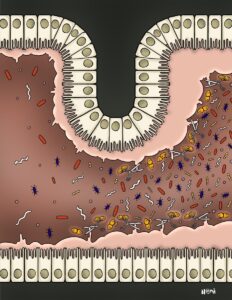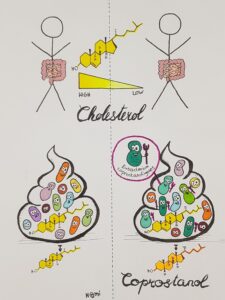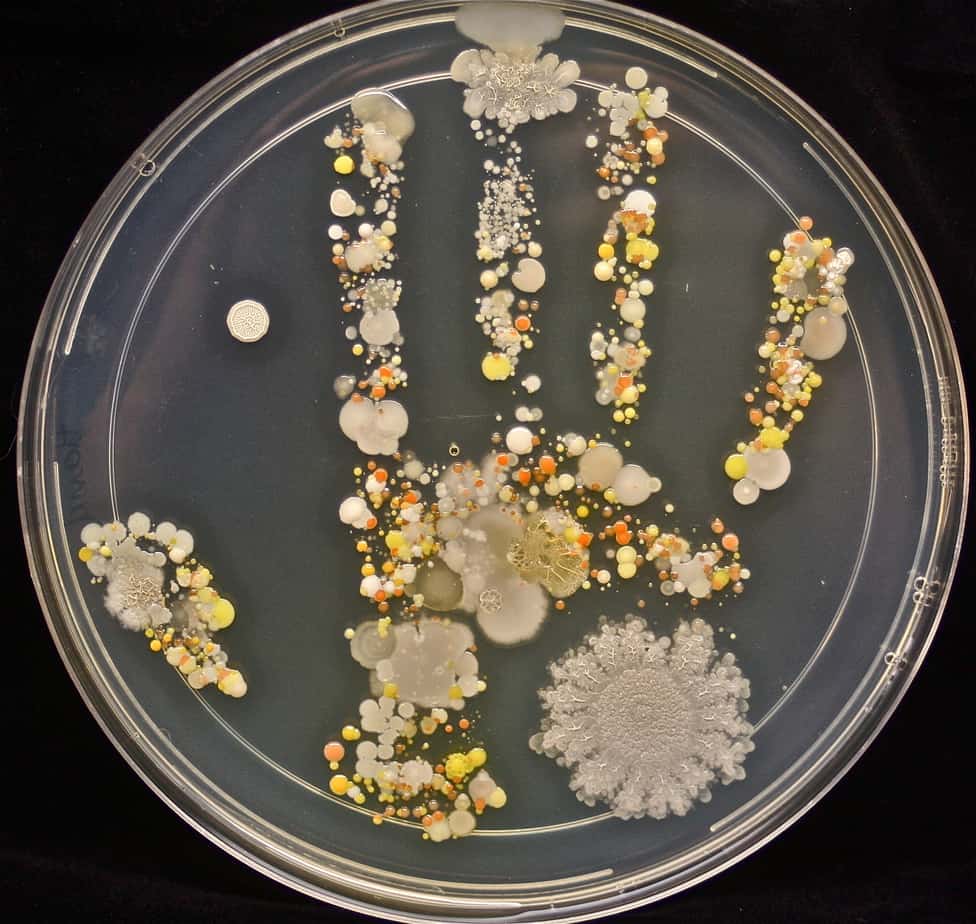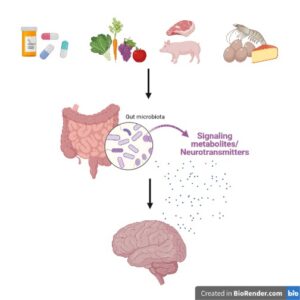If you are a yogurt-lover like me, you might have your portion of this white dream once per day. Likely for breakfast.
But have you ever asked yourself where yogurt comes from and how it is made from milk? Do you know why yogurt tastes so sour and yet delicious?
What if I told you that yogurt only tastes like this thanks to bacteria and their superpowers?
Yes, bacteria not only produce delicious chocolate, wine, beer or bread. But it is also bacteria that make yogurt from milk.
Here, we will look at which bacteria produce yogurt and what makes it so creamy, sour but also healthy.
What’s in your yogurt?
Yogurt would not exist if it wasn’t for our bacterial friends. Interestingly, it only takes two bacterial species to create this white creamy dream that we call yogurt. These two bacteria are Streptococcus thermophilus and Lactobacillus delbrueckii subsp. bulgaricus.
Within milk, these two bacteria live in a symbiotic relationship. This means they help each other grow and survive. And together, they produce delicious yogurt.
These two bacteria make many molecules that give yogurt its characteristic flavor. These include lactic acid and other acids like acetoin, acetate, acetaldehyde. Because of all these acids, yogurt tastes quite sour.
Also, our two bacteria produce exopolysaccharides. Generally, bacteria use these to make biofilms. But in this case, the exopolysaccharides with their long sugar chains make the yogurt creamy and viscous.
Thanks to bacteria and the milk content, there are also a lot of healthy molecules in yogurt: proteins that are rich in energy, calcium, and vitamins B2, B6 and B12.
How is yogurt made?
It seems that all we need to make delicious yogurt are milk, our two bacterial species Streptococcus thermophilus and Lactobacillus delbrueckii subsp. bulgaricus and the right temperature. We call these two bacterial species the yogurt starter cultures.
But before their superpowers produce yogurt from milk, the milk needs to be prepared. This is basically to get rid of all the other stuff that we don’t need.
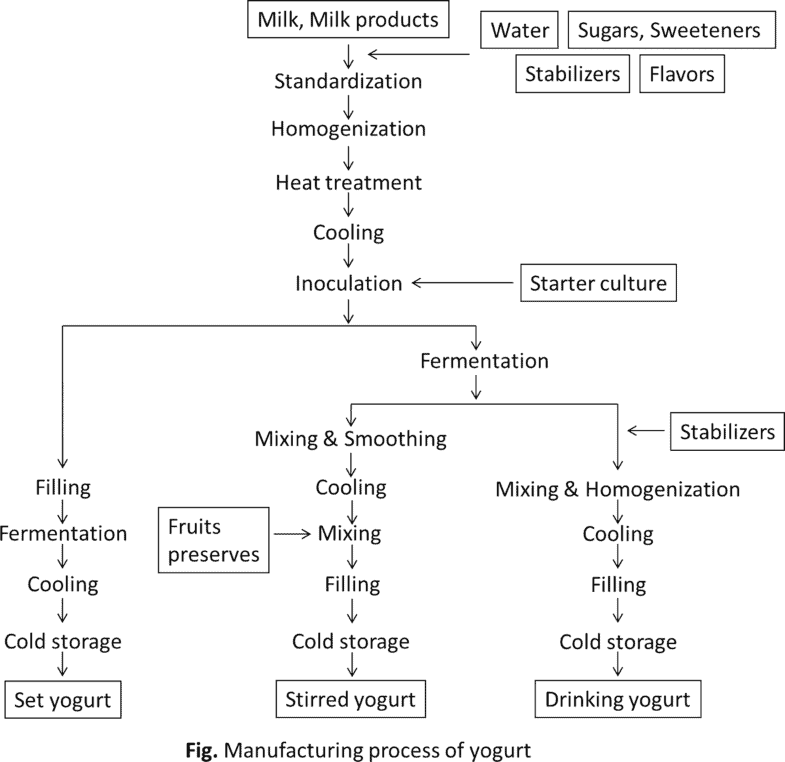
So, to kill all other microbes that might spoil our yogurt, the milk is heated to 95 °C. You might know this process as pasteurization.
After the milk cooled down to about 40 °C, our two starter bacteria are added. Next, the mix is filled into cups and sealed. The cups are then stored in a warm room – something researchers call incubation. During this incubation time, the bacteria can get to work and use their superpowers.
This means that our two bacteria start a process called microbial fermentation. They break down the milk sugar lactose and produce lactic acid and other acids.
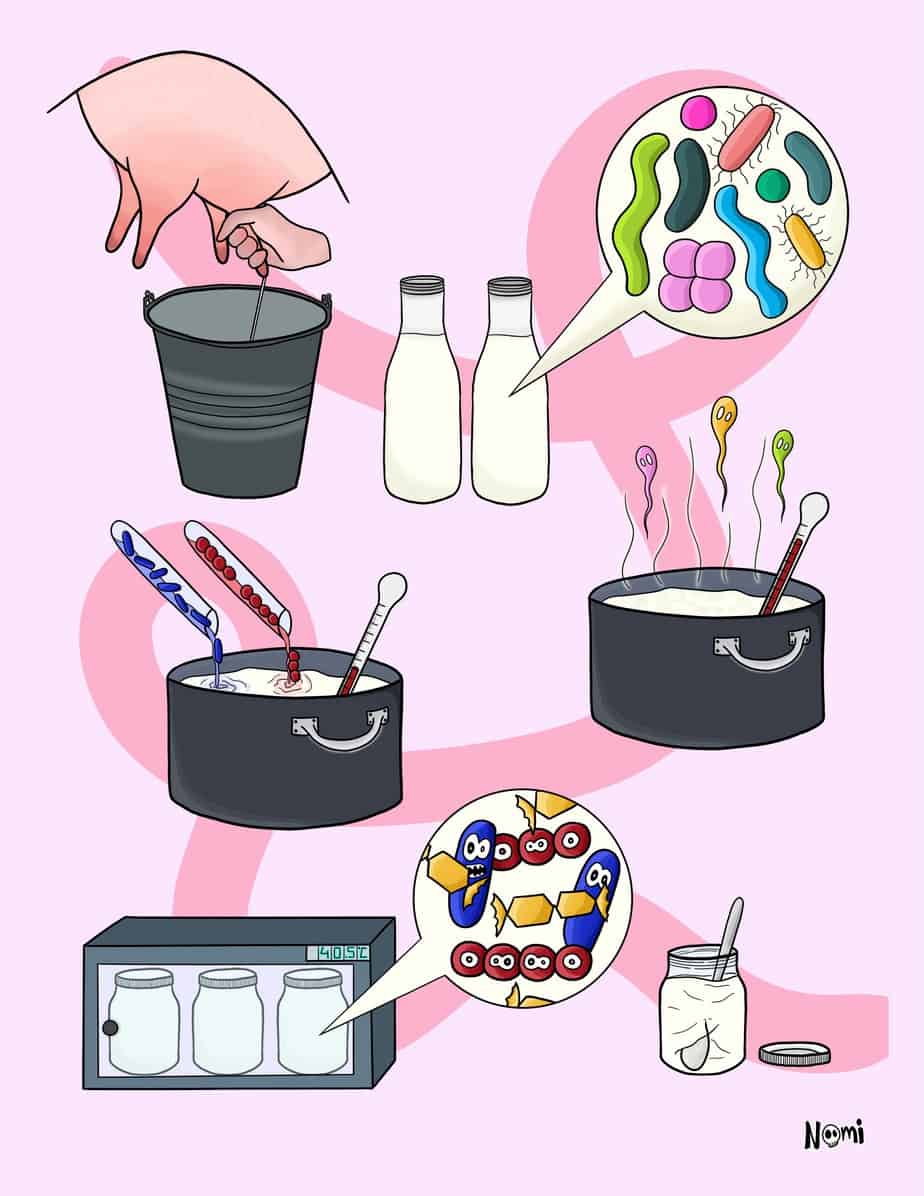
Due to all the acids, the pH of the milk drops and it becomes sour. Now, the acids denature the milk proteins – this is the same process that you see when you heat an egg: it becomes harder and loses its fluidity. The milk becomes more viscous and gets a gel-like texture and creaminess.
Why is yogurt good for you?
We already saw that yogurt has a lot of good stuff and some studies showed that it is healthy for us because of all these molecules. But how do these vitamins, proteins and short-chain fatty acids impact our health?
For example, yogurt stimulates the immune cells that are in our guts. This improves our immune system so that it can better fight bad intruders.
Our two starter bacteria also break down some of the milk proteins and produce so-called bioactive peptides. Our guts like these peptides a lot. Hence, it transports them into our bodies where they have health benefits.
Also, the sugars in yogurt are prebiotics. This means they are the right food for other bacteria that live in our guts and that keep us healthy.
Plus, yogurt is full of protein that our bodies need to grow muscles and stay strong. Interestingly, yogurt protein has two important fractions: whey and casein protein.
The whey protein is considered a “fast protein”. This means, our body digests this type of protein faster which gives us energy immediately after eating yogurt.
The other fraction is casein or the “slow protein”. This type of protein clots in our stomach because of the acids. But our body can digest this protein clot only slowly. Hence, the casein protein gives us energy even up to 7h after eating yogurt. Like this, yogurt helps with satiety so that in general we need to eat less.
Lastly, the short-chain fatty acids in yogurt have lots of health benefits for us. They regulate the blood glucose level, insulin resistance and inhibit our appetite.
Now you have a lot of reasons to include yogurt in your daily diet plan!
What is probiotic yogurt?
Researchers found that the two starter bacteria Streptococcus thermophilus and Lactobacillus delbrueckii subsp. bulgaricus do not survive the acidity in our stomachs. Hence, they do not arrive in our guts and have no impact on our gut microbiota.
However, yogurt is a great vehicle to transport other probiotic microorganisms into our bodies. Probiotics are organisms that “when administered in adequate amounts, confer a health benefit on the host”. Also, probiotics need to be safe, well-characterized and stable while the yogurt is waiting on the shelf to be eaten.
Hence, many yogurt companies now add beneficial probiotics to yogurt. These are bacteria like Lactobacillus casei, Lactobacillus acidophilus or Bifidobacterium.
These bacteria have beneficial effects on our digestion and immune system. They help the right bacteria in our guts to grow, meaning they keep our gut microbiota healthy.
For example, in one study, researchers added a Lactobacillus casei species to yogurt and gave it to children with acute diarrhea. After a few days, these children had fewer symptoms and less abdominal pain thanks to the yogurt mix.
Is (probiotic) yogurt on your diet plan yet?
Here, we looked at two new superhero bacteria that produce the fermented creamy white dream. Even though they might not survive the passage into our bodies, they produce a lot of healthy molecules for us. Hence, they have an indirect health benefit on our bodies.
Plus, yogurt is a great vehicle to transport other probiotic bacteria into our bodies. And it seems that by eating yogurt regularly you can indeed change your gut microbiome and bring in some helpful bacteria.
So, thank bacteria for their superpowers and for providing us with this delicious food!

